The Importance of Assessing the Foundation in a Home Inspection
A home inspection is a crucial step in the process of buying or selling a house. It provides a comprehensive assessment of the property’s condition, identifying any potential issues or areas of concern. While every aspect of a home inspection is important, one area that deserves special attention is the foundation. The foundation is the base upon which the entire structure rests, and any problems with it can have serious consequences for the stability and safety of the house.
Assessing the foundation during a home inspection involves a thorough examination of its structural integrity, including the walls, floors, and any visible cracks or signs of damage. The inspector will also look for any signs of water intrusion or moisture problems, as these can lead to foundation issues over time. Additionally, they will check for proper drainage around the foundation, as poor drainage can contribute to foundation problems.
The foundation is the most important zone in a home inspection for several reasons. Firstly, it provides the structural support for the entire house. If the foundation is compromised in any way, it can lead to a host of problems, including uneven floors, cracked walls, and even structural collapse. These issues can be costly to repair and may require extensive work to rectify. By identifying any foundation issues early on, a home inspection can help buyers and sellers make informed decisions about the property.
Secondly, foundation problems can be indicative of larger issues with the property. For example, if there are cracks in the foundation, it may be a sign of poor construction or inadequate maintenance. These underlying issues can affect other areas of the house, such as the plumbing or electrical systems. By addressing foundation problems, homeowners can prevent further damage and potentially save themselves from costly repairs down the line.
Furthermore, a solid foundation is essential for the long-term durability of a house. Over time, a poorly constructed or damaged foundation can lead to structural instability, compromising the overall integrity of the building. This can result in a decrease in property value and make it difficult to sell the house in the future. By conducting a thorough assessment of the foundation during a home inspection, buyers can ensure that they are investing in a property with a solid foundation that will stand the test of time.
In conclusion, the foundation is the most important zone in a home inspection. It provides the structural support for the entire house and any issues with it can have serious consequences. By assessing the foundation during a home inspection, buyers and sellers can identify any potential problems and make informed decisions about the property. Additionally, addressing foundation issues early on can prevent further damage and ensure the long-term durability of the house. Therefore, it is crucial to give the foundation the attention it deserves during a home inspection.
Key Considerations for Evaluating the Electrical System during a Home Inspection
The electrical system is one of the most important aspects to consider during a home inspection. It plays a crucial role in providing power and ensuring the safety of the occupants. Evaluating the electrical system requires a thorough examination of various components, including the electrical panel, wiring, outlets, and switches. This article will discuss key considerations for evaluating the electrical system during a home inspection.
One of the first things to assess is the electrical panel. The panel is the central hub that distributes electricity throughout the house. It is important to check if the panel is properly labeled and if there are any signs of damage or overheating. Additionally, the inspector should ensure that the panel has sufficient capacity to handle the electrical load of the house. This can be determined by examining the size of the panel and the amperage rating.
Next, the wiring should be inspected. The inspector should look for any visible signs of damage, such as frayed or exposed wires. It is also important to check if the wiring is properly grounded. Grounding is essential for protecting against electrical shocks and preventing electrical fires. The inspector should verify that the wiring is up to code and meets safety standards.
Outlets and switches are another important aspect to consider. The inspector should test each outlet to ensure that it is functioning properly. This includes checking for loose or damaged outlets, as well as testing the ground fault circuit interrupters (GFCIs) in areas such as bathrooms and kitchens. GFCIs are designed to protect against electrical shocks and should be present in areas where water is present.
In addition to evaluating the components of the electrical system, the inspector should also consider the overall electrical safety of the house. This includes checking for the presence of smoke detectors and carbon monoxide detectors. These devices are crucial for early detection of fires and gas leaks, respectively. The inspector should also assess the condition of the electrical service entrance, including the overhead or underground lines and the meter box.
It is important to note that evaluating the electrical system during a home inspection requires specialized knowledge and expertise. Therefore, it is recommended to hire a qualified and licensed electrician to perform a thorough inspection. They will have the necessary skills and equipment to identify any potential issues and provide recommendations for repairs or upgrades.
In conclusion, the electrical system is a critical component to consider during a home inspection. It is important to assess the electrical panel, wiring, outlets, and switches for any signs of damage or safety hazards. Additionally, the overall electrical safety of the house should be evaluated, including the presence of smoke detectors and carbon monoxide detectors. Hiring a qualified electrician is recommended to ensure a thorough inspection and to address any potential issues. By carefully evaluating the electrical system, homeowners can ensure the safety and functionality of their home.
Understanding the Significance of Inspecting the Roof in a Home Inspection
The roof is arguably the most important zone in a home inspection. It is the first line of defense against the elements and plays a crucial role in protecting the structure of the house. Understanding the significance of inspecting the roof in a home inspection is essential for both homeowners and potential buyers.
During a home inspection, the roof is thoroughly examined to assess its condition and identify any potential issues. This includes checking for signs of damage, such as missing or broken shingles, leaks, or sagging areas. The inspector will also inspect the gutters, downspouts, and flashing to ensure they are properly installed and functioning.
One of the main reasons why inspecting the roof is so important is because roof repairs or replacements can be costly. A damaged or poorly maintained roof can lead to water leaks, which can cause extensive damage to the interior of the house, including the walls, ceilings, and even the foundation. Identifying any issues with the roof early on can save homeowners from expensive repairs down the line.
Furthermore, a well-maintained roof can also help improve energy efficiency. A roof that is in good condition and properly insulated can help regulate the temperature inside the house, reducing the need for excessive heating or cooling. This can result in lower energy bills and a more comfortable living environment.
In addition to the financial implications, the roof also plays a crucial role in the safety and structural integrity of the house. A damaged or unstable roof can pose a significant risk to the occupants, especially during severe weather conditions. Inspecting the roof allows for the identification of any potential safety hazards, such as loose or unstable materials, which can be addressed before they become a serious issue.
Moreover, the roof is often one of the first things potential buyers notice when viewing a property. A well-maintained and visually appealing roof can significantly enhance the curb appeal of a house, making it more attractive to potential buyers. On the other hand, a roof in poor condition can be a major deterrent and may even affect the overall value of the property.
It is important to note that inspecting the roof is not a task that can be easily done by homeowners themselves. It requires specialized knowledge and expertise to properly assess the condition of the roof and identify any potential issues. Therefore, it is highly recommended to hire a professional home inspector who is trained and experienced in conducting roof inspections.
In conclusion, understanding the significance of inspecting the roof in a home inspection is crucial for homeowners and potential buyers alike. The roof is not only the first line of defense against the elements but also plays a vital role in the safety, structural integrity, and energy efficiency of the house. Identifying any issues with the roof early on can save homeowners from costly repairs and ensure a comfortable living environment. Therefore, it is essential to hire a professional home inspector to thoroughly assess the condition of the roof during a home inspection.

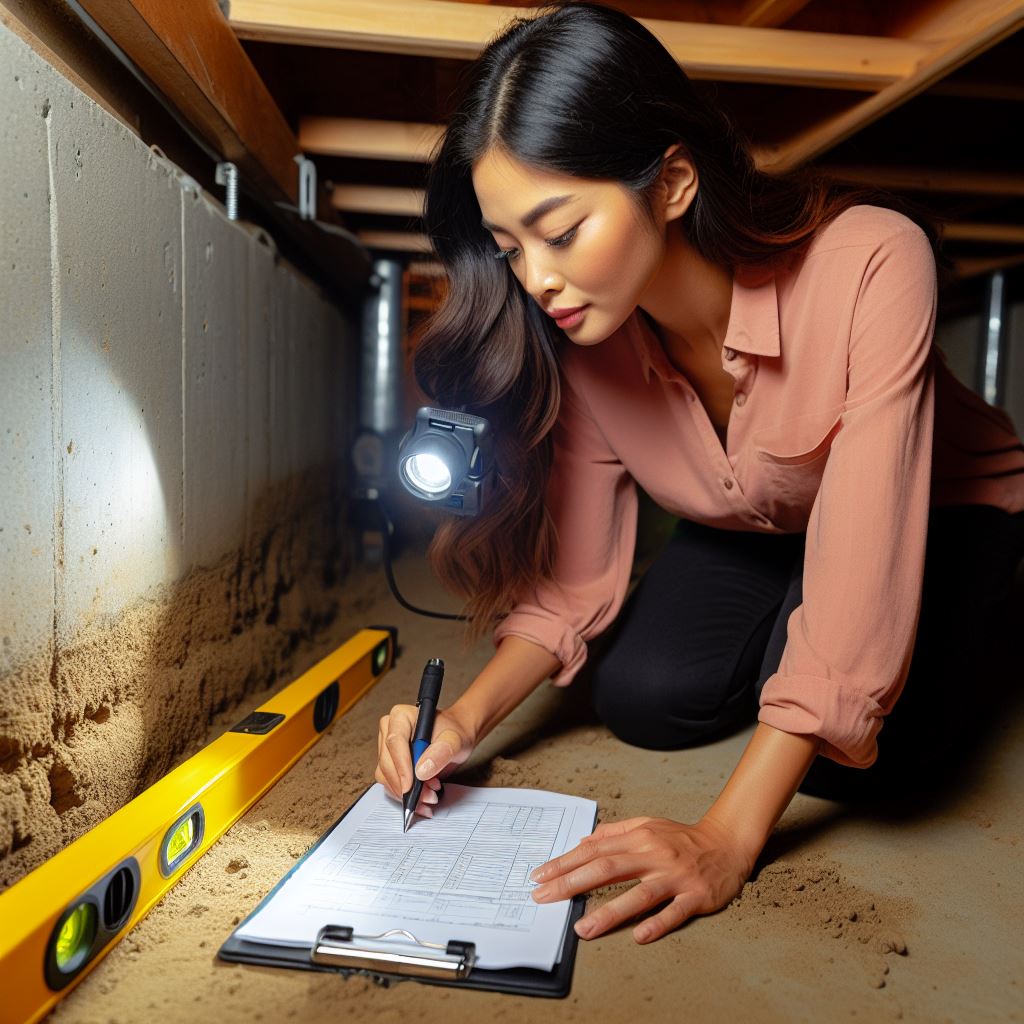
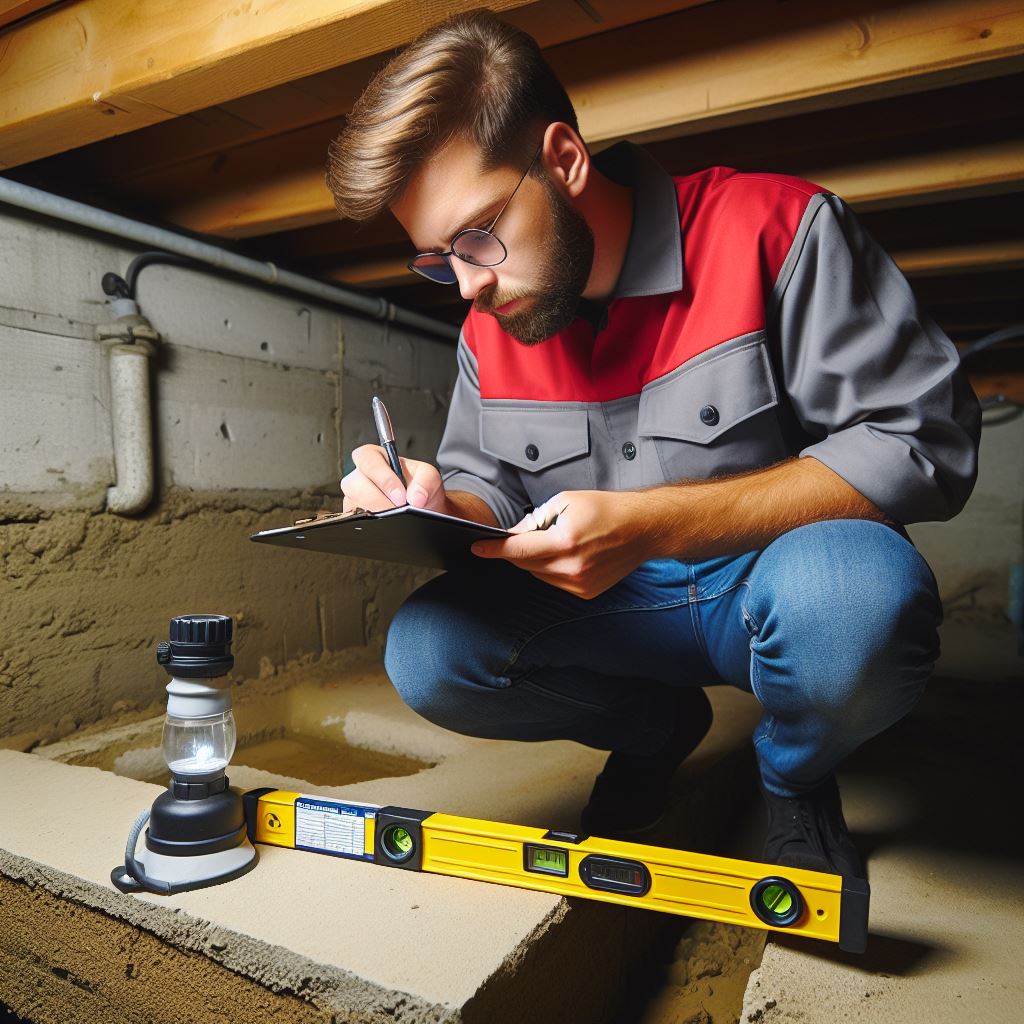
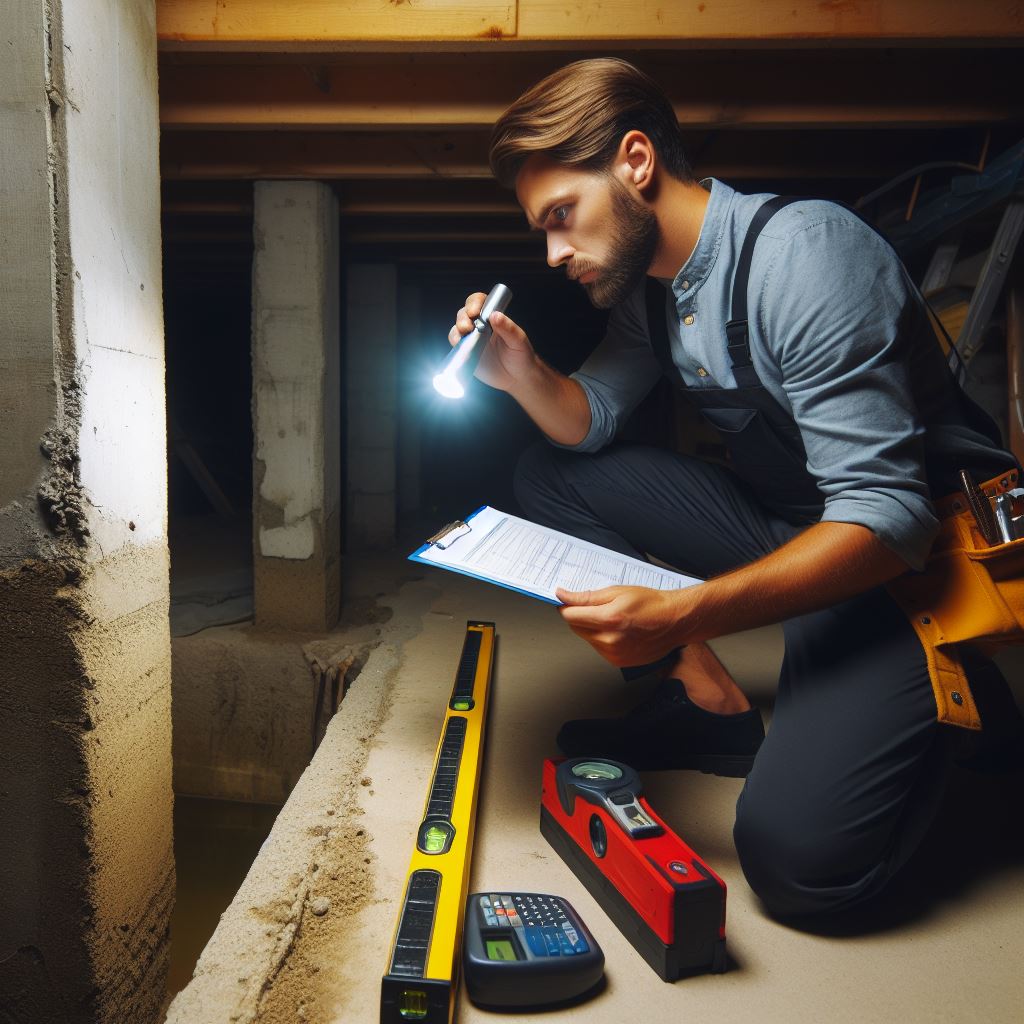
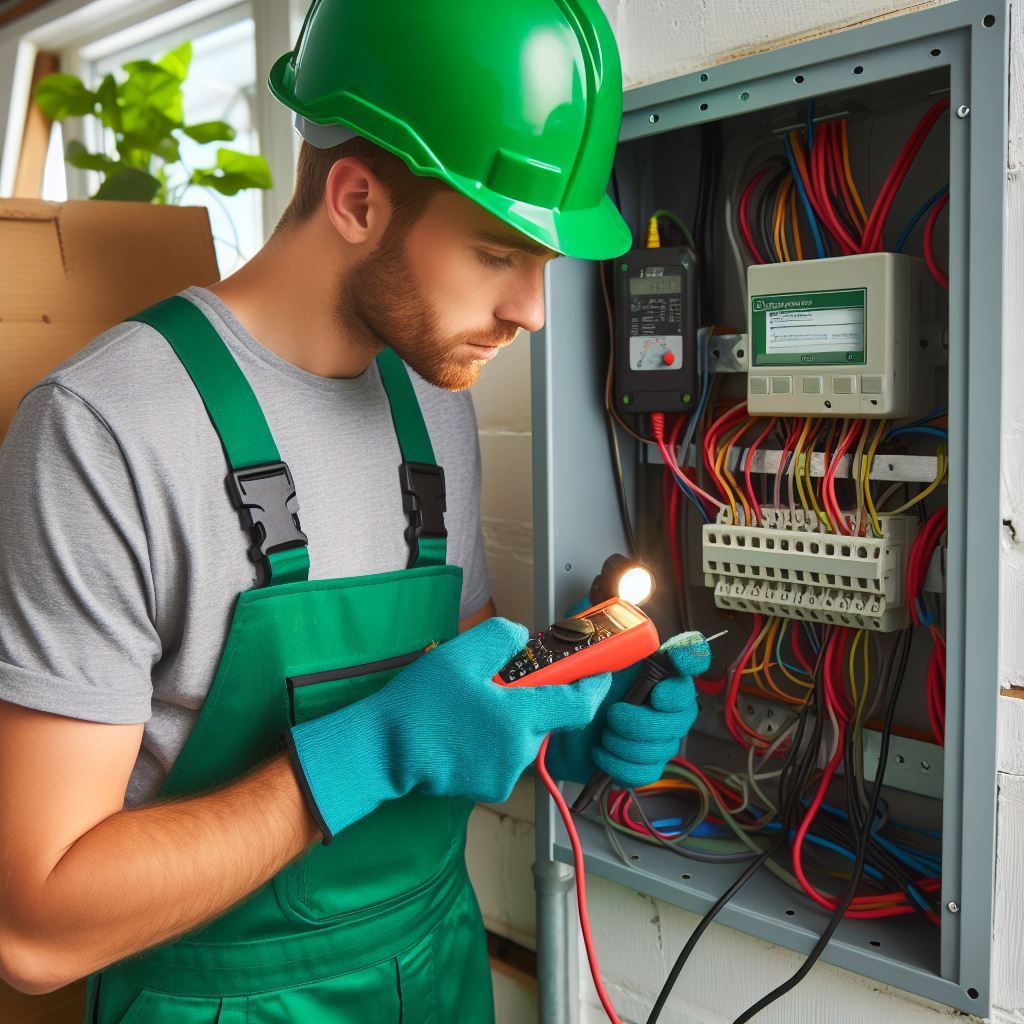
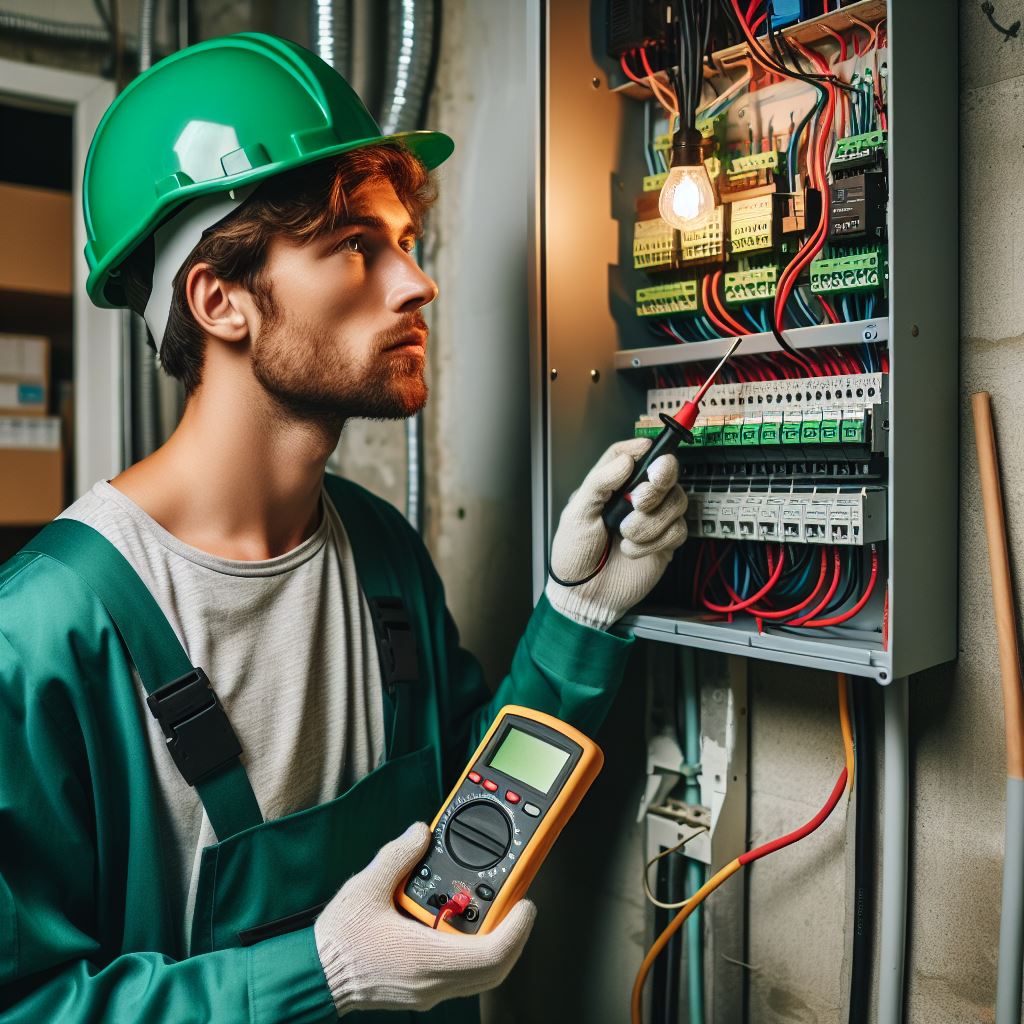
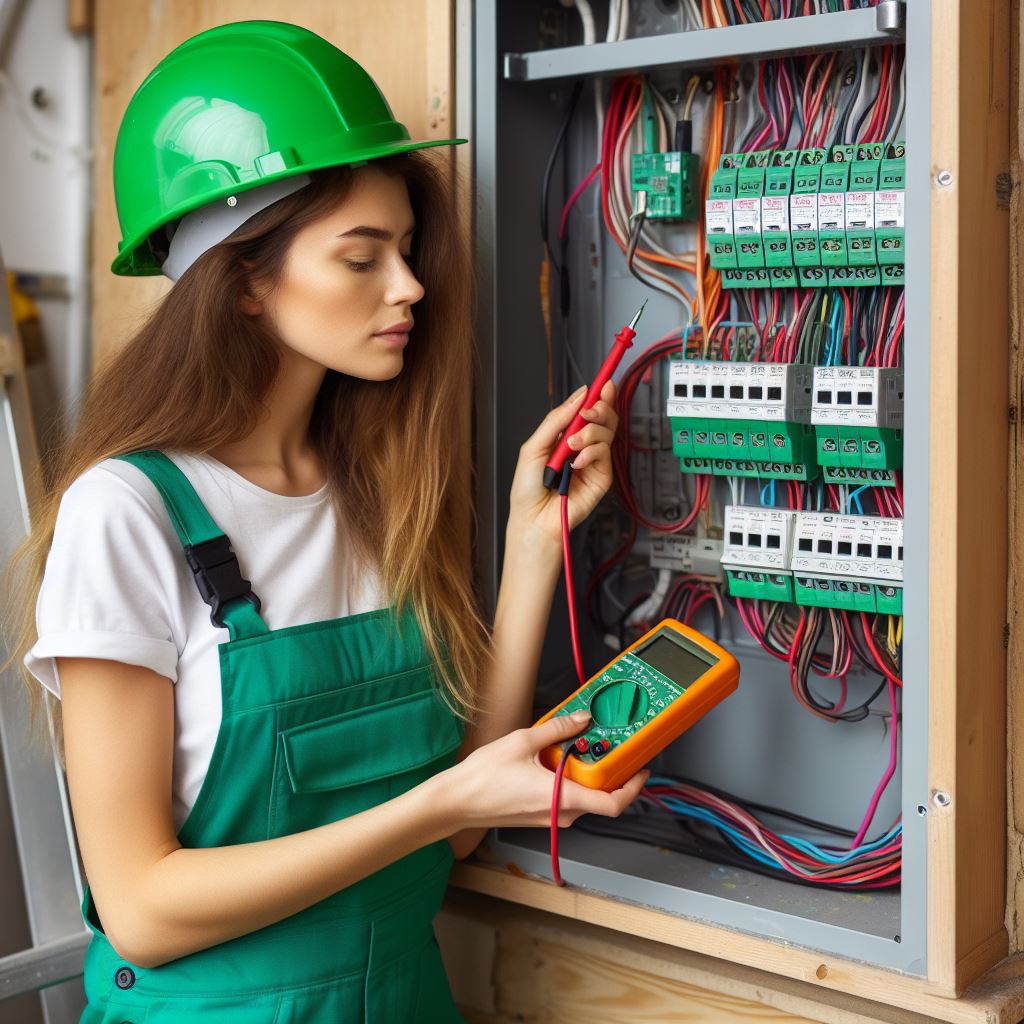
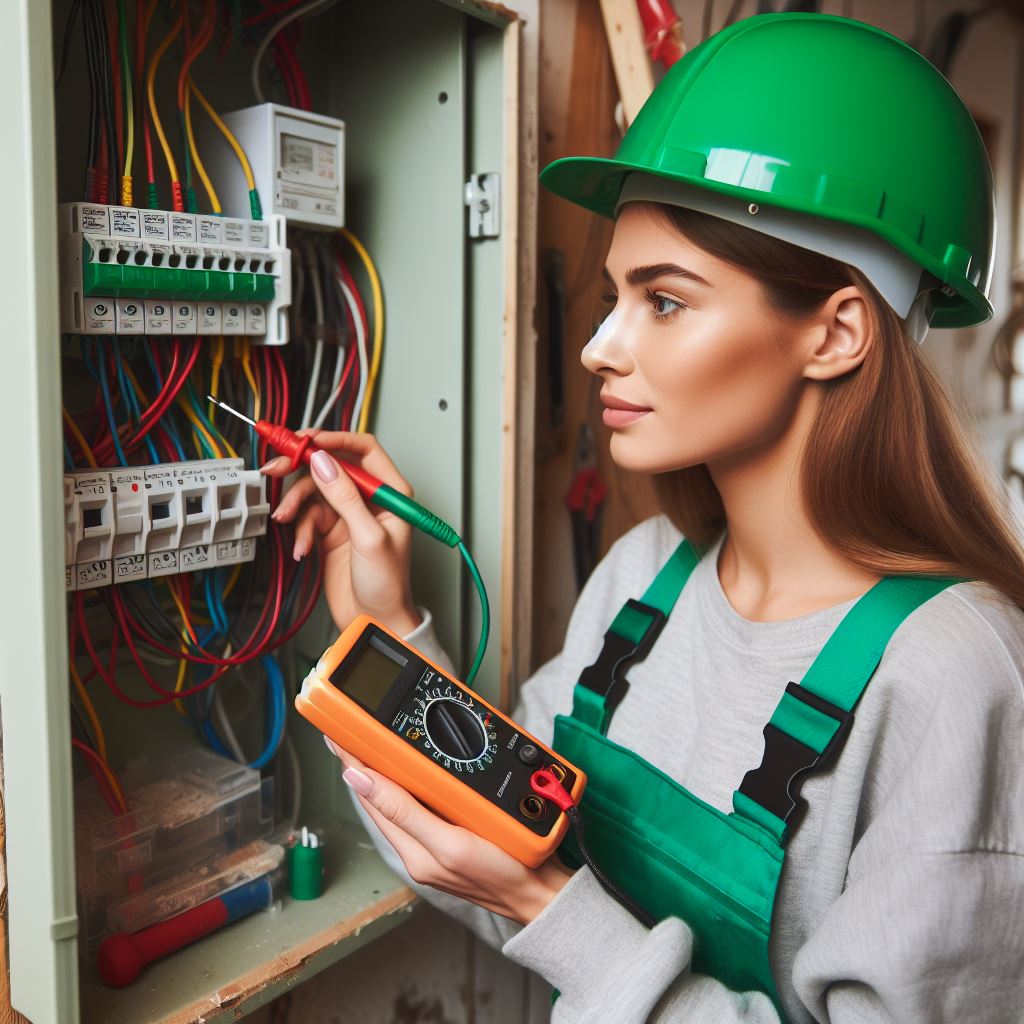
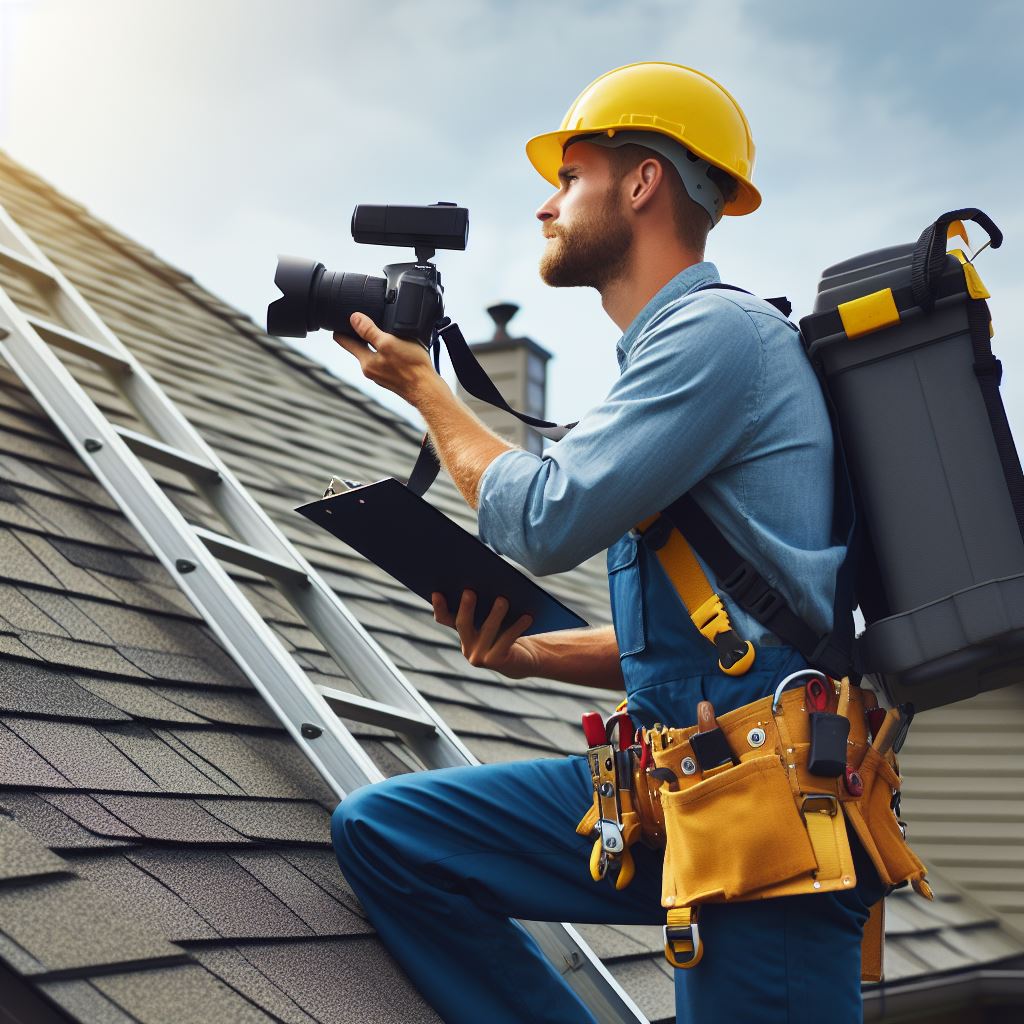
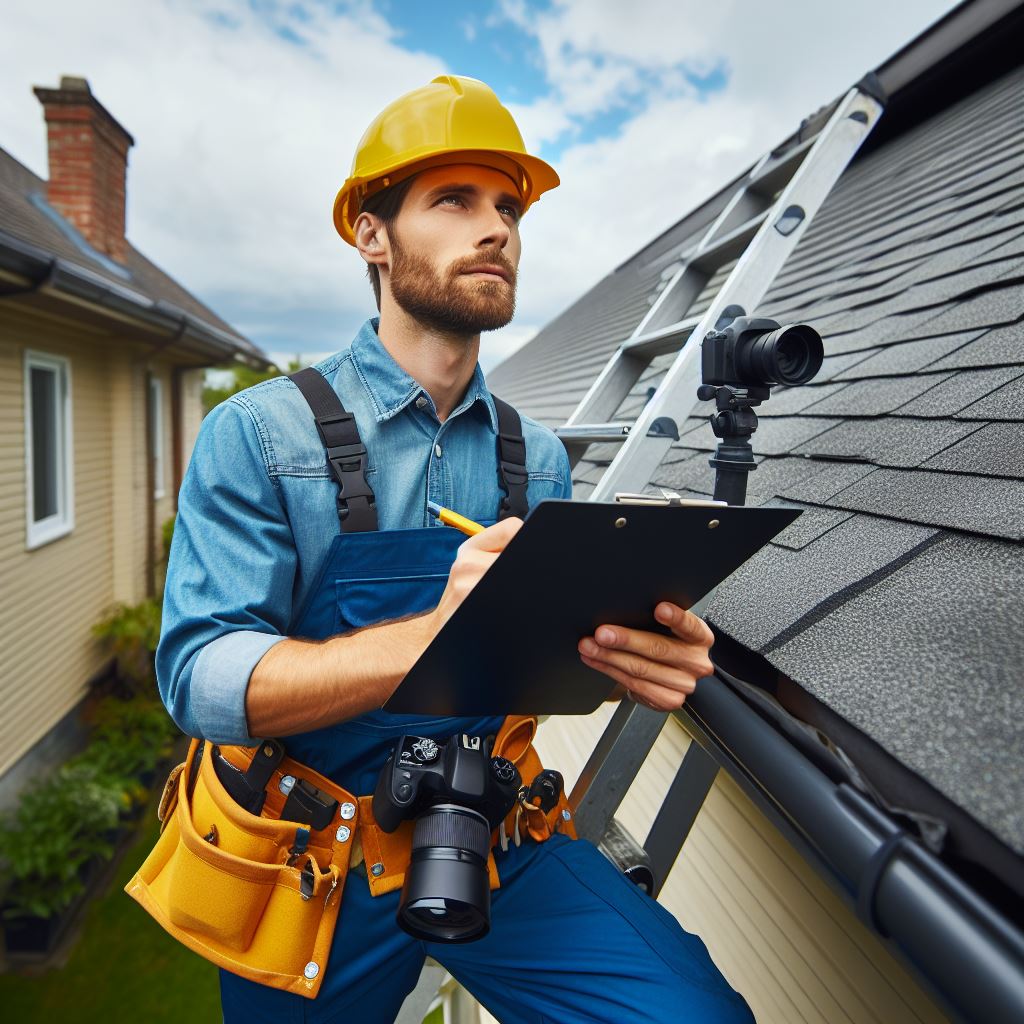
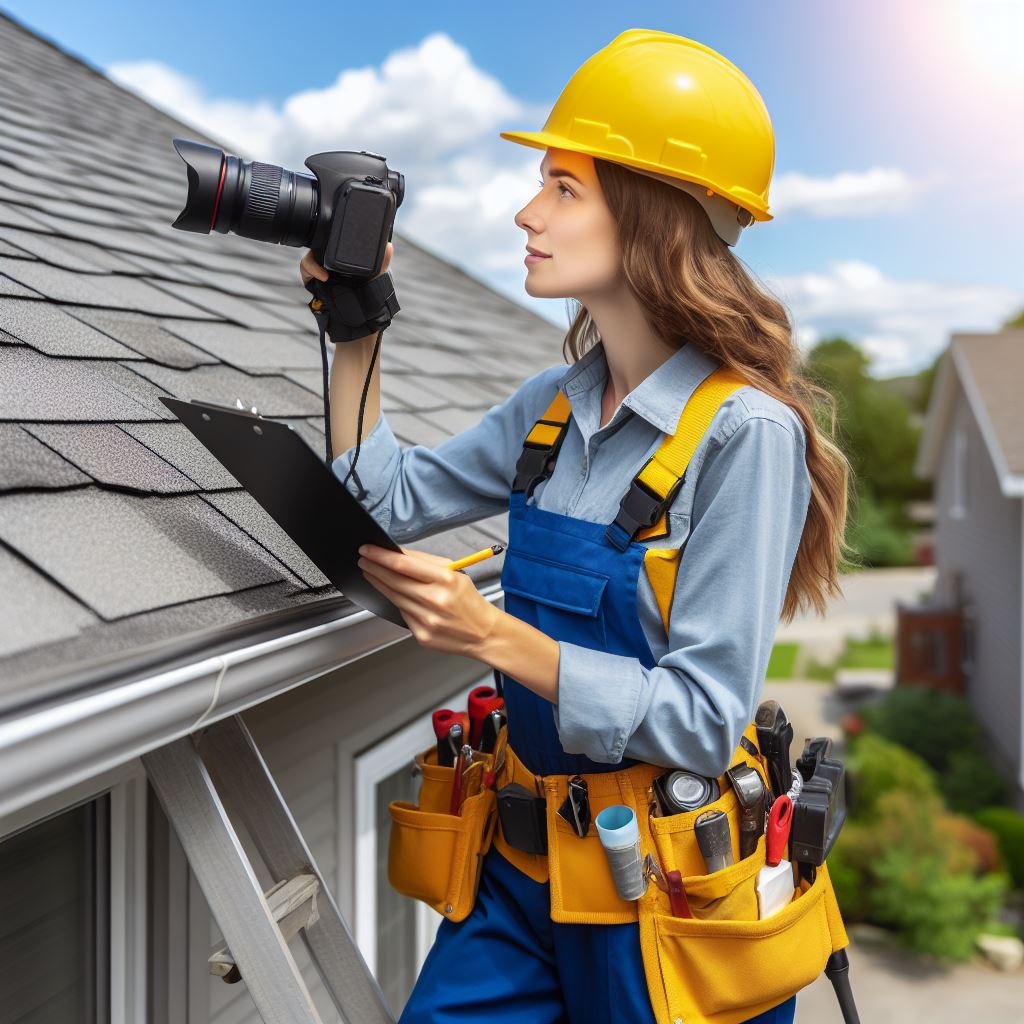
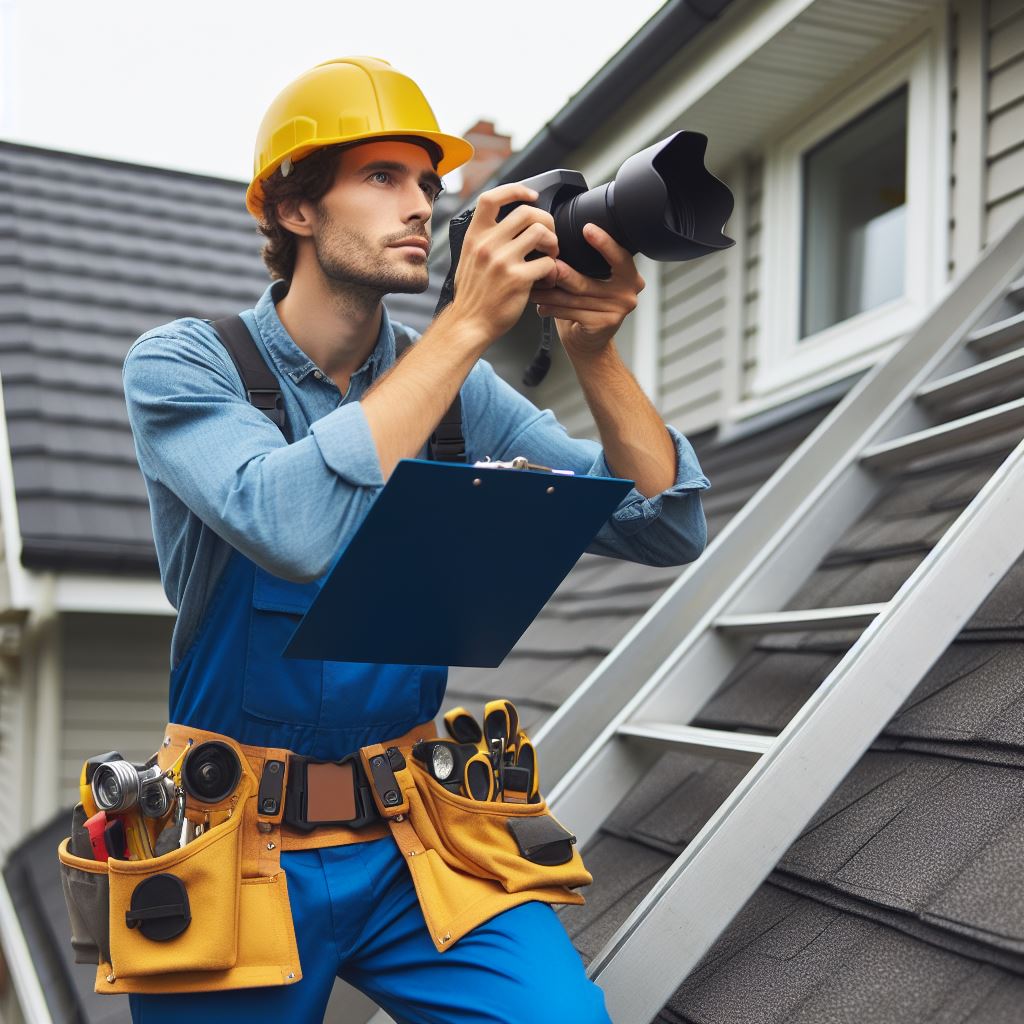
[…] a home inspection, the inspector will carefully examine the foundation of the house. They will look for any signs of cracking, shifting, or settling. These issues can indicate […]